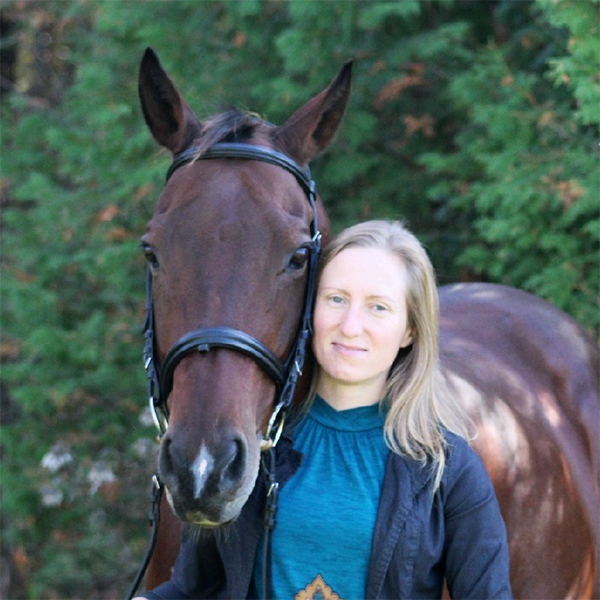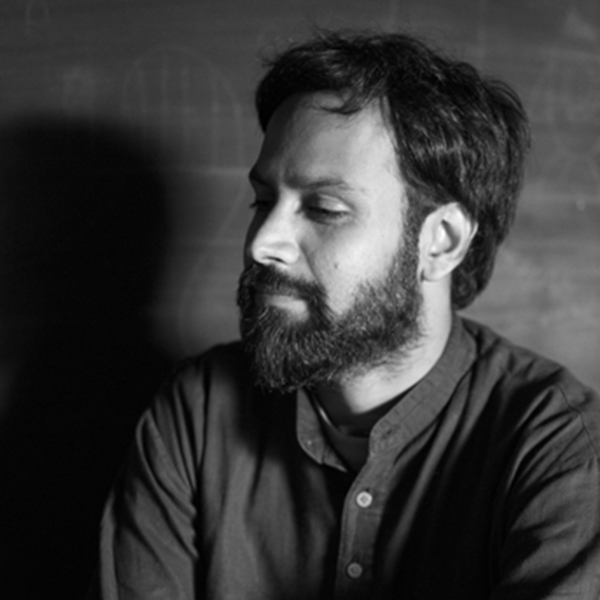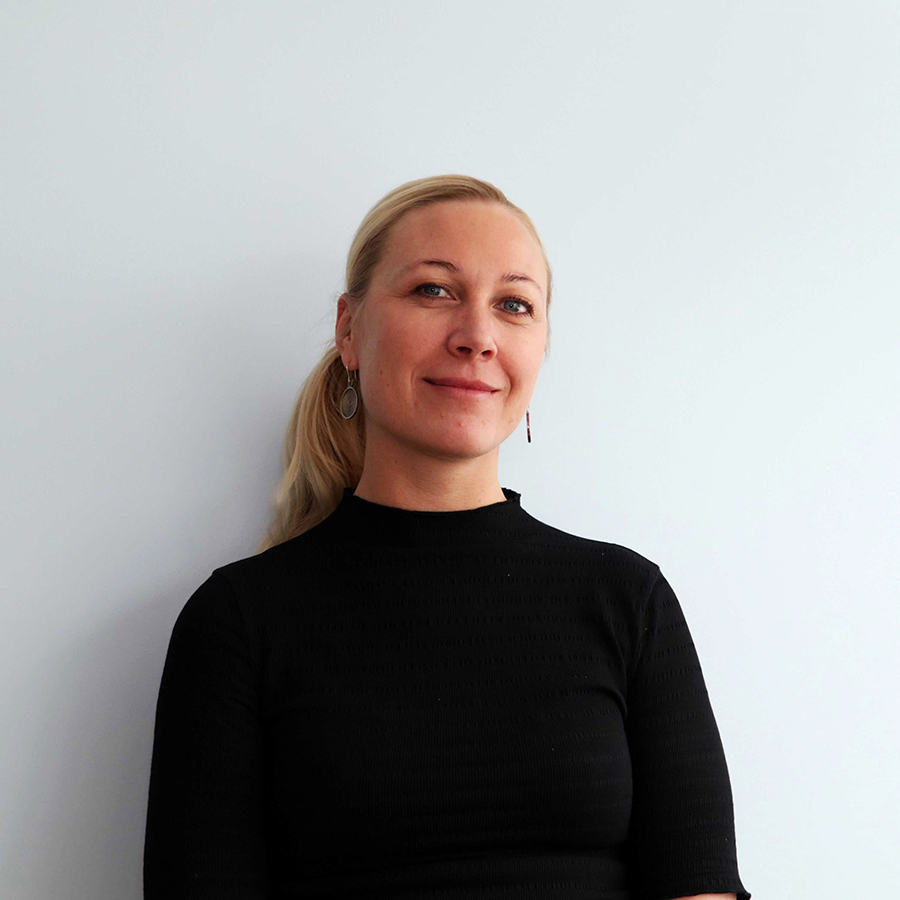Catch a glimpse of the cutting-edge research taking place at York University done by talented graduate students who generate innovative knowledge. Their visionary projects address pressing issues in our society as well as problems that are often overlooked.
Kathleen Cherrington is a PhD scholar in the Gender, Feminist and Women's Studies program, is investigating how marginalized women use art-based resistance to create space for social change. She is specifically looking at sex trade workers in Kenya and how they are using feminist art as resistance. Her vital research has the potential to dismantle stereotypes and to look at different modes of agency and self-determination amongst marginalized women. On a global scale, the project can strengthen communities by helping build capacity for change in marginalized populations.
“What inspired me was my initial work in a community-based outreach advocacy and support services in the downtown east side of Vancouver working with survival sex workers during a time when there was a serial killer on trial for targeting specifically Indigenous street-based sex workers in that community. I started conducting fundraisers for international day to end violence against sex workers in a variety show format, which demonstrated the capacity of art activism among sex workers,” Cherrington shares her own personal experience that ignited her passion for the project.

Kathleen Cherrington
Fiona Patterson taught French, English and German in the Ontario public school system before coming back to York to pursue her doctorate in Études Francophones (French Studies). Her innovative research examines how language is used in various technological channels. Specifically she is exploring the sociolinguistic variations of Quebec French on social networks.
On a regional and national level the research will reveal the state of French in Quebec as well as the attitudes Quebecers have towards their language. Moreover, the project can determine if there is an evolution in sociolinguistic variations and language attitudes. From a philosophical perspective, Patterson’s project can contribute to the topic of technological determinism; in other words, does technology have a profound impact on our choices or in this case on our language.

Fiona Patterson
Rajat Nayyar is a PhD scholar in Theater and Performance Studies, and also a 2020 SSHRC Vanier scholar. His doctoral research on women’s vocal traditions in rural India was inspired by his grandmother’s teachings. Situated at the intersection of performance studies and audiovisual anthropology, his project reveals how women use their voice as a form of activism and resistance. Specifically, the project studies north Indian women's songs and local traditions with a focus on the performative or the activist power of voice as a material technology of self.
“I noticed how such histories have been erased especially since the colonial era when in the late 19th century social reformers tried to look down upon women's songs and labeled them as vulgar. So my research is a lot about really looking back at the system,” says Nayyar.

Rajat Nayyar
Linn Biorklund Belliveau is a PhD scholar in Critical Geography, focuses on human displacement and bordering practices in southern Mexico. Her research argues that the geopolitics of enforcement and restrictive borders in the region have increased violence experienced by people that are moving from central America to Mexico. She seeks to understand and to rethink narratives of displacement by focusing on what she calls gendered ordering practices. Her project has the potential to rethink migration protection.
“When I tell people about my research the response is often twofold, first that they were unaware about the situation for migrants in southern Mexico, and second that well are people from central America real refugees,” says Biorklund Belliveau. “With my research, I hope to underscore the power structures embedded in restrictive migration policies and in generalized views of mobility.”
Her research can aid in relieving some misconceptions about categories and labels linked to migration, which can be highly politicized and discriminatory.

Linn Biorklund Belliveau
